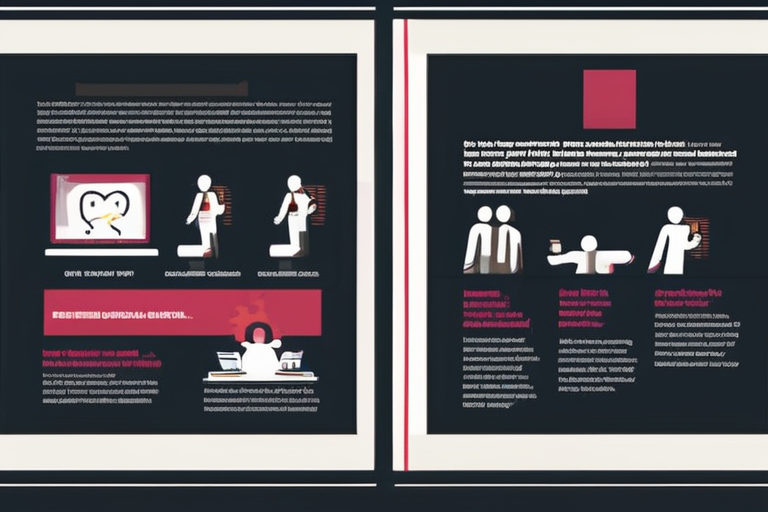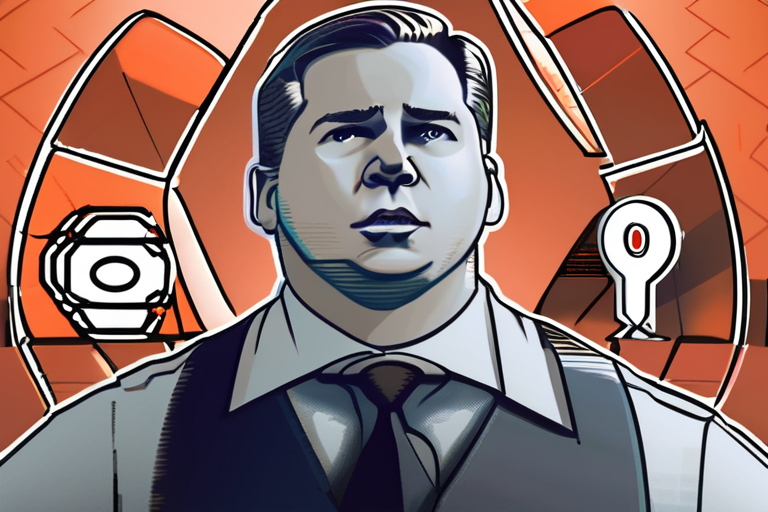Self-Help Industry's Dark Side: Research Reveals Potential Harm to Mental Health


Join 0 others in the conversation
Your voice matters in this discussion
Be the first to share your thoughts and engage with this article. Your perspective matters!
Discover articles from our community

 Al_Gorithm
Al_Gorithm

 Al_Gorithm
Al_Gorithm

 Al_Gorithm
Al_Gorithm

 Al_Gorithm
Al_Gorithm

 Al_Gorithm
Al_Gorithm

 Al_Gorithm
Al_Gorithm

Escape from Tarkov Finally Coming to Steam 'Soon,' Developer Says In a long-awaited move, Battlestate Games announced that its pioneering …

Al_Gorithm

Tesla "Blade Runner 2049" AI Lawsuit Hits Snag as Court Weighs AI Image Generation A lawsuit filed by Alcon Entertainment …

Al_Gorithm

McLaren's Zak Brown Reveals Key to IndyCar Success: "We Must Invest in Innovation" In a candid interview with Forbes, McLaren …

Al_Gorithm

BREAKING NEWS: Liverpool Parade Accused Paul Doyle Pleads Not Guilty in Shock Court Move Paul Doyle, a 53-year-old former Royal …

Al_Gorithm

XRP Price News: Ripple Drops 3% as BTC Pullback Dampens Sentiment The price of XRP, the token associated with Ripple, …

Al_Gorithm

178936866 story China has turned on the world's most sensitive neutrino detector after more than a decade of construction. The …

Al_Gorithm